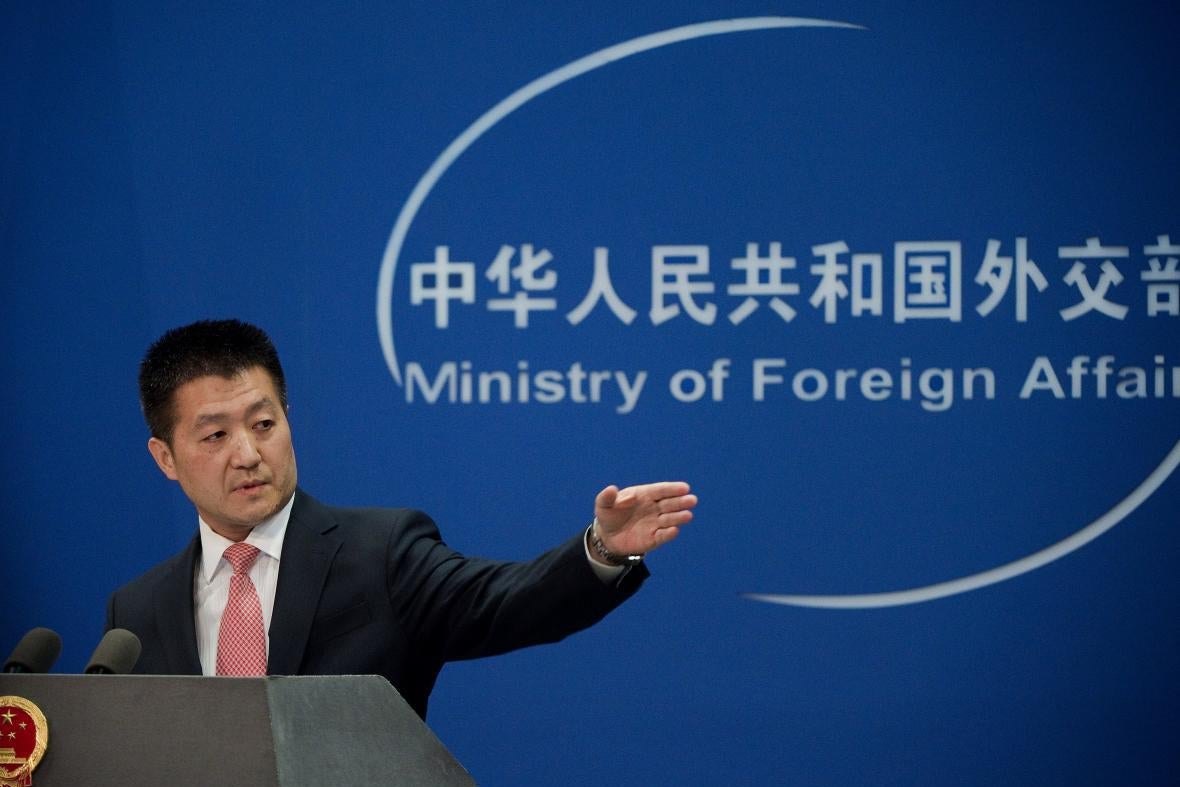The Chinese government sent a clear message to President-elect Donald Trump this weekend: the “One China” policy is not up for debate. In fact, Beijing went as far as to say that not challenging China on the status of Taiwan as a renegade province “is the political foundation” of bilateral relations with the United States. A spokesman for China’s Foreign Ministry issued the statement in response to Trump telling the Wall Street Journal that “everything is under negotiation including ‘One China’.”
“The ‘One China’ principle is the political foundation of Sino-US relations and it is non-negotiable. We urge the relevant side in the US to recognize the high sensitivity of the Taiwan issue and abide by the pledges by successive US administrations from both parties,” spokesman Lu Kang said. In the brief statement, the spokesman also summarized the “facts recognized by the international community” on the issue: “There is but one China in the world, and Taiwan is an inalienable part of China. The government of the People’s Republic of China is the only legitimate government representing China.”
The state-run Global Times published an unsigned piece under the headline, “Inexperienced, complacent Trump stuns public.” The tabloid known for its sensationalistic headlines had earlier in the week harshly criticized Trump’s pick for secretary of state Rex Tillerson, saying his views risked a “large-scale war” with China.
The interview with the Journal was only the latest example of how Trump has locked horns with China even before taking office. First there was accepting the congratulatory phone call from Taiwan’s president, which broke with more than three decades of diplomatic protocol. At the time, Beijing seemed to try to downplay the move, characterizing Trump as the victim of a “little trick pulled off by Taiwan.” But the president-elect then publicly criticized China on several issues, including currency manipulation and North Korea.
Analysts in China are apparently eager to see Trump’s words as a simple negotiation tactic to get some concessions from Beijing, rather than an effort to upend decades of foreign policy. “Trump has been very smart. He is using the Taiwan issue as a bargaining chip with China,” one analyst tells the South China Morning Post. “Trump has a relatively simple agenda. He cares only about the domestic economy. His issue is to create jobs. He believes that sorting out the trade issues with China can help him to create jobs inside the US.”
Incoming White House chief of staff Reince Priebus essentially acknowledged Trump was using Taiwan as a bargaining chip, telling ABC’s This Week that “there are no plans to change the ‘One China’ policy” but the issue will be “on the table if China doesn’t also come to the table and work with us on trade, work with us on the South China Sea.”
Other experts say that Trump’s tough will likely die down once he “contends with the complexity of intertwined economies and the reality of China’s military expansion,” notes the Washington Post.
